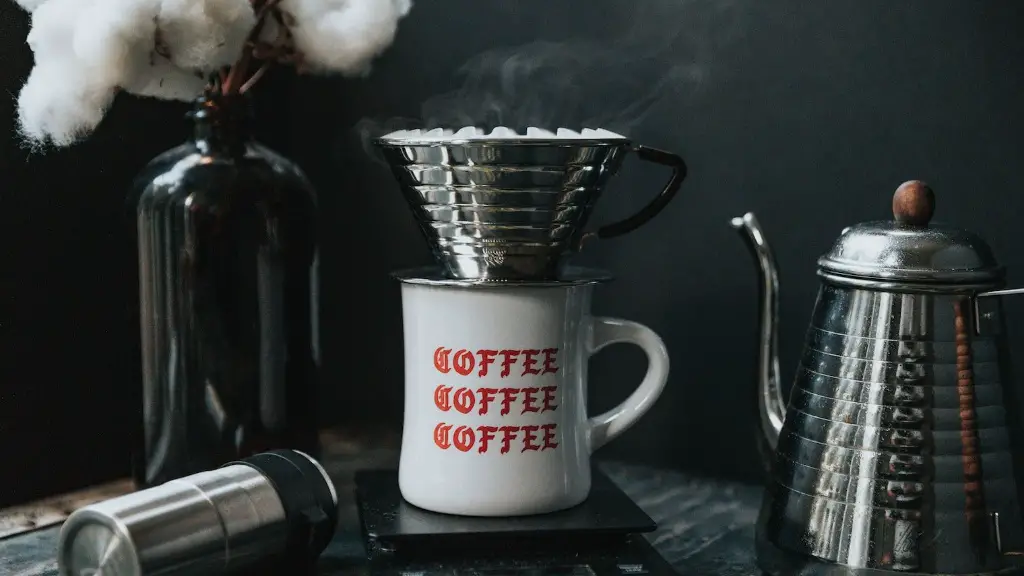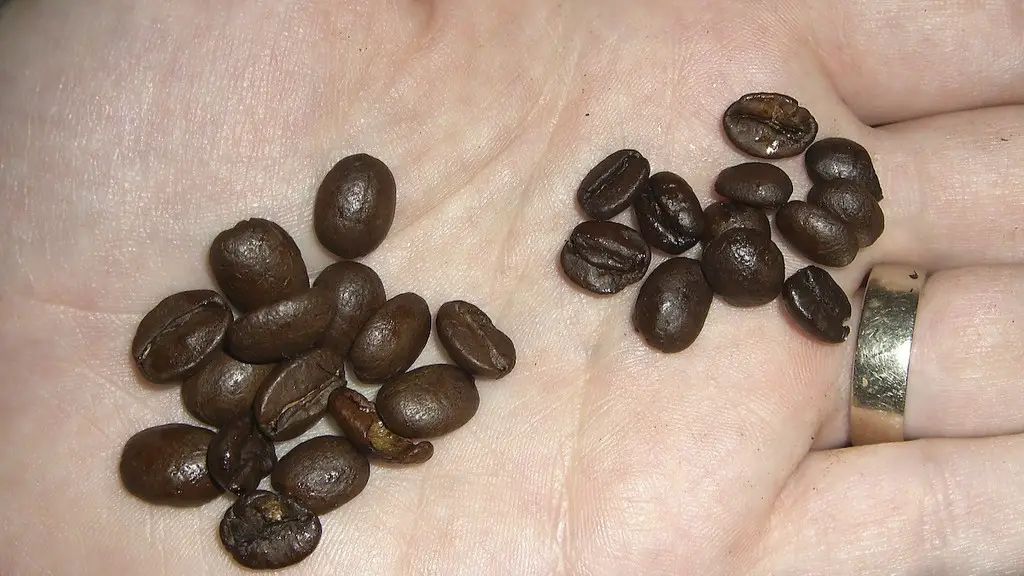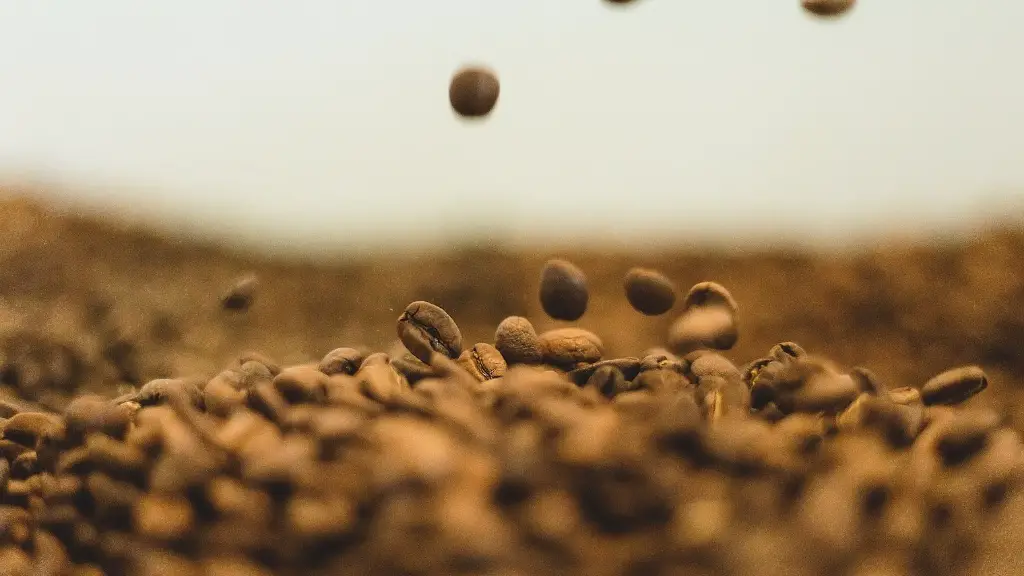Acid Reflux and the Link to Coffee Drinking
Coffee is the popular morning pick-me-up for many people. According to the National Coffee Association, over 83% of Americans drink coffee in some form. It is therefore unsurprising that for many, coffee is a staple part of their daily routine. But what does coffee drinking have to do with acid reflux? Can those who suffer from acid reflux drink coffee?
What is Acid Reflux?
Acid reflux, or gastroesophageal reflux disease (GERD), is a digestive disorder that compromises the lower esophageal sphincter’s ability to close off the esophagus. When the sphincter is weakened, stomach acid moves up the esophagus and often into the throat, resulting in coughing, dry throat, or typical heartburn symptoms.
Potential Causes of Acid Reflux
The cause of acid reflux varies from person to person. However, some common factors for the condition can include existing medical conditions like hiatal hernia and asthma, food intolerances, smoking, and drinking too much soda or coffee.
What Are the Links between Coffee Drinking and Acid Reflux?
There are various connections between coffee drinking and acid reflux. Coffee causes a reflex when consumed which can affect the lower esophageal sphincter, causing acid reflux. In addition, coffee contains high levels of caffeine which can also cause acid reflux. Caffeinated drinks have been associated with tissue damage in the esophagus, as well as a decrease in salivary bicarbonate formation. Salivary bicarbonate helps to neutralize stomach acid which can lead to less acid reflux.
Health Advice on Coffee Drinking and Acid Reflux
The most up-to-date scientific research suggests that there is a link between acid reflux and coffee drinking. People who suffer from GERD should reduce or avoid drinking coffee and other caffeinated beverages, as it can worsen symptoms. Replacing caffeinated drinks, such as coffee, with non-caffeinated alternatives can help to alleviate the pain and discomfort of GERD. There are various kinds of decaffeinated coffee available, such as decaf espresso, decaf cold brew, and decaf French press.
Alternatives to Coffee for People with Acid Reflux
For those looking for alternatives to coffee, there are a variety of options available. Some of these include green tea, herbal teas, alkaline water, and dandelion tea. Green tea has been touted for its health benefits, with some studies suggesting it is protective against GERD. Additionally, herbal teas can contribute to good digestion, and alkaline water has the potential to reduce acid reflux symptoms. Lastly, dandelion tea is a diuretic and can thus help to reduce bloating and pain that is associated with acid reflux.
Vegetable Juices and Smoothies
Another way for people with acid reflux to start their day is with vegetable juices and smoothies. Vegetable juices are full of enzymes that aid digestion, whilst smoothies are nutrient-packed and great for boosting the immune system. Carrot and cucumber juices are especially beneficial for those with acid reflux. In addition, incorporating fresh ginger into juices or smoothies can help to reduce stomach acid.
Other Dietary Considerations
There are certain dietary changes that can be made to reduce the discomfort associated with acid reflux. This includes avoiding certain foods such as garlic, onions, spicy and salty foods, and high-fat foods. In addition, it is important to give ample time between meals and bedtime. Meals should also be eaten slowly and in small portions.
Medications and Supplements
Medications, such as rosiglitazone, are also useful for reducing acid reflux symptoms. Additionally, dietary supplements such as probiotics, apple cider vinegar, and melatonin pills can help to reduce symptoms. The supplement alginate, for example, has been shown to coat the esophagus and reduce gastro-oesophageal reflux.
Recap and Summary
In summary, acid reflux is a common condition that can be exacerbated by coffee drinking. In order to reduce the symptoms of acid reflux, it is important to avoid drinking coffee and other caffeinated beverages, as well as certain foods. There are a variety of non-caffeinated beverages and dietary options that can help to alleviate the symptoms of GERD. Finally, medications, as well as supplements, can be useful in treating acid reflux.


